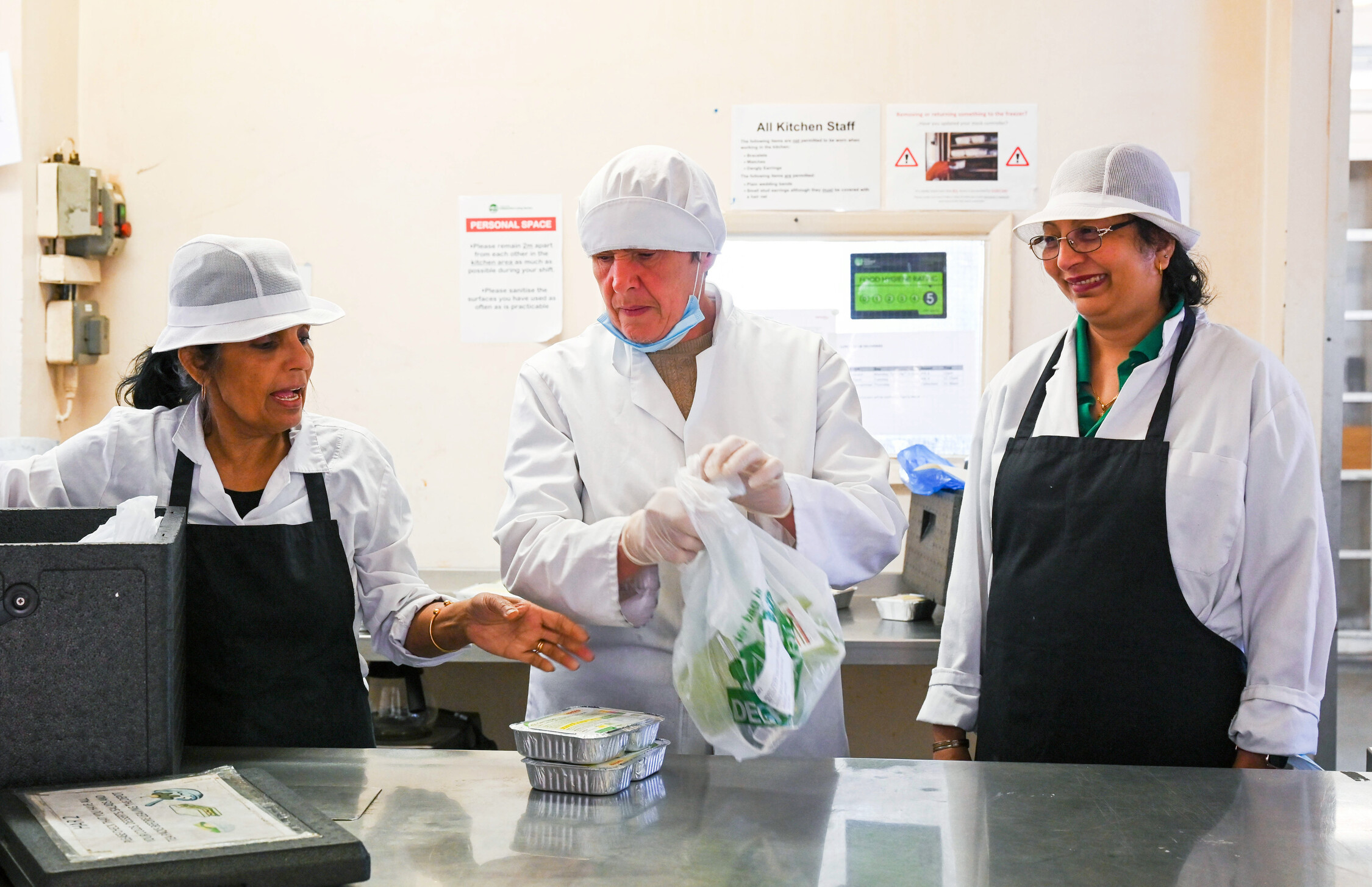Across the G7 the UK leads the way in long working lives: But the wealthy world faces a long-term workforce crisis due to demographic change, argues the International Longevity Centre, and we still need to work another three to seven years to become a world leader and help our economy adapt to longer lives.
New analysis puts the UK close to the top of the league table for the number of adult years worked across the EU and G7. But the International Longevity Centre – UK (ILC), the UK’s leading authority on the impact of longevity on society, warns of mammoth challenges ahead for the EU and G7 if it is to adapt to ageing and demographic change.
The ILC’s new global Healthy Ageing and Prevention Index reveals a 23-year gap in work span between the top and bottom countries of the Index, bringing together data from 121 countries across the globe.
The UK, Europe and G7 trail other countries and economic blocs in terms of the number of years worked between the ages of 15 and 65. APEC and ASEAN countries lead the way, with the population in these economic blocs working 33.2 and 33.4 years respectively. People living in the European Union work for an average of 28.6 years, while people in the UK work for 31.5 years.
Whereas other wealthy countries see their population working for a relatively high proportion of adulthood. Iceland (37.2 years), New Zealand (34.8 years) Switzerland (34 years) and Australia (33 years) lead the way.
David Sinclair, Chief Executive of ILC said: “Rich countries face huge skills shortages yet we aren’t maximising our working lives in adulthood, let alone supporting work beyond 65.
“While the UK doesn’t do badly compared to its wealthy neighbours, the reality is that it is inconceivable that we can work on average for just over 30 years and expect that to sustain the 80- to 100-year life. The UK needs a serious plan to increase the number of years we work up to the levels of New Zealand or even Iceland, ie, another three to seven years.
“We must look at how other countries succeed in supporting work across our lives. We know that poor health and caring responsibilities are forcing people out of work too early. Governments must increase their investment in preventative health and commit to spending 6% of health budgets on keeping us healthy. Governments and employers also need to better support lifelong learning.
“At an individual level, good work is good for us, boosting purpose and wellbeing. Working a few more years helps us build up more savings, have more time to benefit from compound interest, and have fewer years after work to make our savings last. All of which gives us a stronger retirement income.”
“Governments faced with the fiscal pressures of longevity must address the work challenge. People living in Italy, France and Belgium work on average 7 to 10 years less than someone living in New Zealand or Iceland. This is economically unsustainable.”
